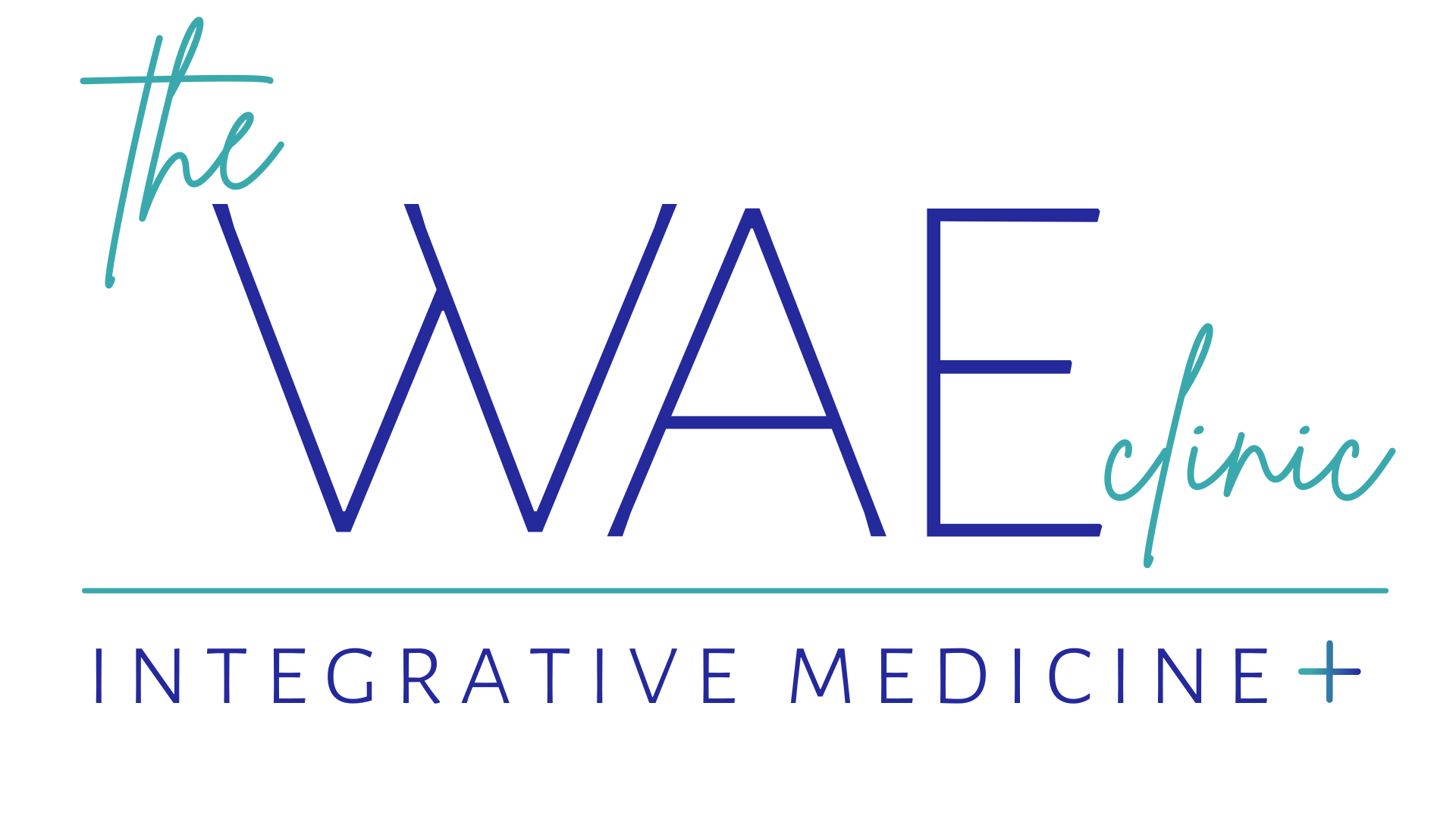Raise your hand if you reach for a cup of coffee in the morning! If you’re like most, coffee gets you going in the morning, keeps you company on your commute, is in hand in the office and provides that afternoon boost. While there are studies that show the health benefits of moderate coffee consumption, there is also evidence linking coffee consumption to some hormone havoc.
Women’s hormone expert, Alissa Vitti shared her perspective on coffee consumption in an article over on MindBodyGreen. Vitti believes that women, especially, should cut back or stop consuming coffee. Review her reasoning and see if coffee still has a place in your cup.
- Caffeine may impact pregnancy and miscarriage rates:
A 2016 study published in “Fertility and Sterility” found that drinking three or more caffeinated beverages a day raised the risk of early pregnancy loss by 74 percent. The study showed the same risk whether women consumed caffeine before or after conception. In men, preconception caffeine use raises rates of miscarriage.
- Caffeine disturbs hormonal functionality for 24 hours:
The caffeine in coffee (and tea, and other beverages) decreases insulin sensitivity and increases stress hormone levels in the blood.
- Women may metabolize coffee differently:
Caffeine is broken down in the liver by the CYP1A2 enzyme. Interestingly, only ten percent of the population makes enough of this enzyme to break down significant amounts of caffeine. The CYP1A2 enzyme is also responsible for breaking down estrogen. It’s possible that in some women, consuming caffeine may interfere with enzyme CYP1A2 and impact estrogen metabolism (which can lead to estrogen dominance and a host of hormonal imbalance!) Slow metabolizers of caffeine also have an increased risk of cardiovascular disease (which is the number 1 killer of women in the United States.) Reducing caffeine consumption may reduce health risks more in women who have impaired CYP1A2 function. Genetic testing can determine your status.
- Depletes body from Micronutrients:
Micronutrients are key for happy hormones and overall health. Coffee can easily deplete those from your body. The Journal of Food Science and Quality Management did a review that found “Caffeine can cause nutrient depletion of important nutrients, like vitamin B6, and interfere with nutrient absorption of essential minerals, including calcium, iron, magnesium and B vitamins.” From mood management to sound sleep, caffeine can leach the vitamins and minerals your body needs.
Quick steps to Quit Caffeine:
Since coffee is the major caffeine culprit, it is tops on the punch list. Here are some quick tips to help you break your coffee addiction:
- Stop adding flavor syrups, sugar, and cream to your coffee.
- Switch your mug of coffee to a smaller cup of it! A cup of espresso is better than a large cup of your favorite, sugary Starbucks.
- Half caf. Cut your regular coffee with decaf.
- Eat! Help stabilize your energy by focusing on good nutrition. Balanced blood sugar and a healthy diet offer sustained energy that supports your health.
It is all about your mindset. Once you decide that you have to quit coffee, small steps will help you achieve a bigger goal. Knowledge is power, so go with what you know and make small shifts. Your hormones will begin to balance, chronic inflammation should ease, and you will find that coffee is no longer a need.
*These statements are not meant to diagnose or treat. You should consult your health care provider before starting any new diet, exercise, or supplement.

